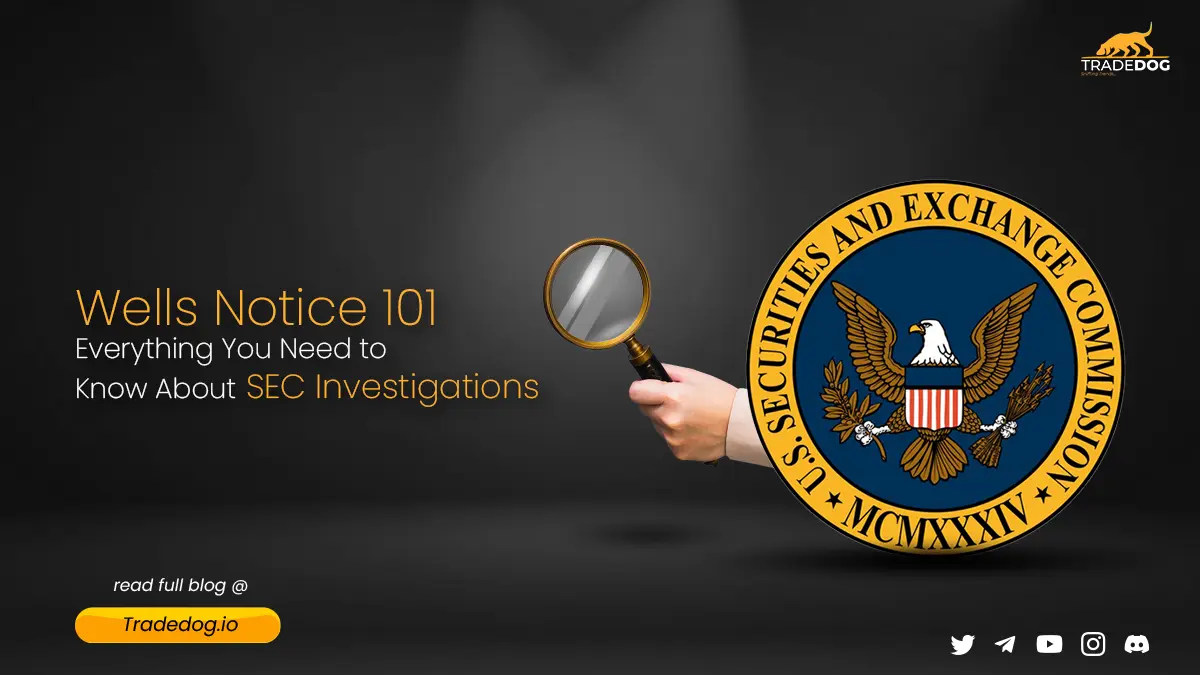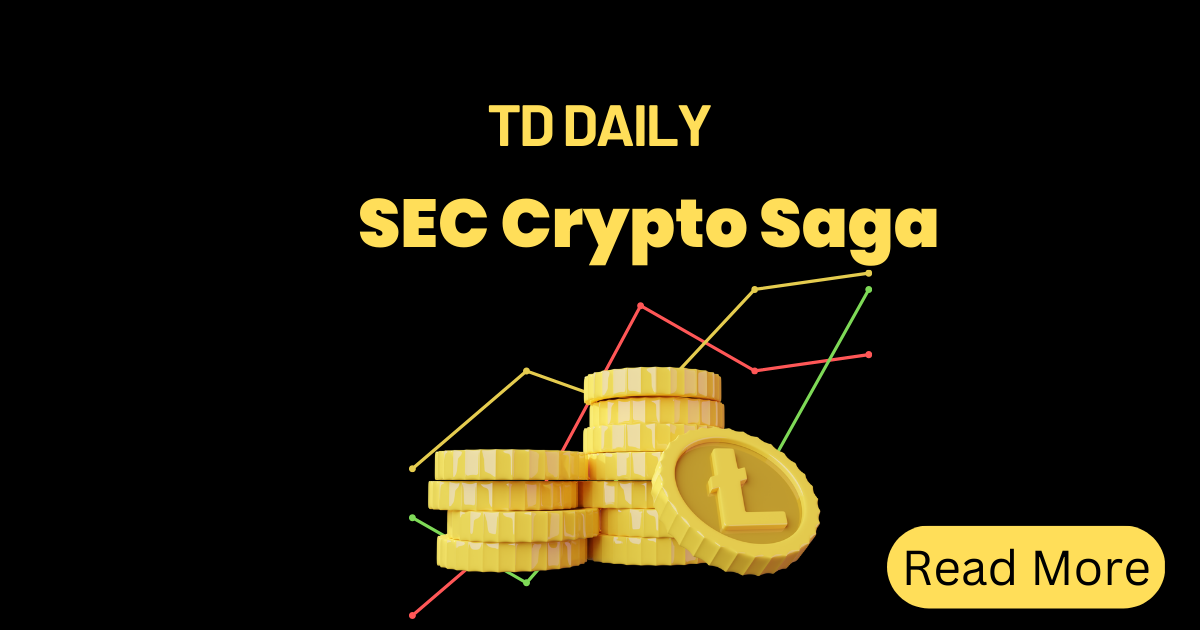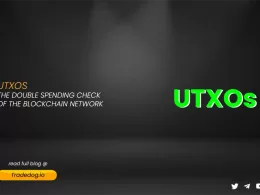When it comes to Centralized exchanges for crypto trading, Coinbase is one of the largest exchanges globally, with over $1.3 Tn recorded volume (24 hr). Founded in 2012, the exchange is regulated by the Nevada Department of Industry as a money transmitter.
A debate has been going on between the leading crypto exchange and the Securities & Exchange Commission (SEC) (US), wherein the exchange has demanded a public answer from the regulatory authority on a filed petition regarding whether it would permit the regulation of the cryptocurrency business using the SEC’s current frameworks. Let’s understand the current situation of this conflict in this blog.
The Petition
In July 22’, Coinbase filed a rulemaking petition with the SEC, requesting an answer around the proposal and adoption of the rules to govern the regulation of the securities which are offered and traded via digital methods (essentially as crypto tokens), defining the rules to clearly identify which digital assets are securities.
The petition also stated that “The U.S. does not currently have a functioning market in digital asset securities due to the lack of a clear and workable regulatory regime. Digital assets that trade today overwhelmingly have the characteristics of commodities.”
Like other exchanges, Coinbase intended to seek a clear framework around the rules from the SEC, facilitating the use of digital assets as securities in a more efficient and effective manner, allowing better allocation of capital in the markets, and generating new opportunities for potential investors.
More than 1,700 organizations and people have responded to Coinbase’s petition with remarks that support the demand for clarification.
SEC’s Take on Coinbase
Last month, SEC threatened to sue the exchange over allegations of listings and offering securities as digital assets that were unregistered. Following a quick inquiry, the SEC issued a “Wells notice” to Coinbase involving an unspecified part of its listed digital assets, its staking service Coinbase Earn, Coinbase Prime, and Coinbase Wallet.
A heated sentiment in the crypto industry was seen following the action of the SEC, with many arguing that the authority was harnessing the potential of growth and mass adoption of crypto and the evolving ecosystem.
Coinbase’s follow-up Action
The exchange took the matter to federal court on Monday, to get the regulatory authority to provide an answer to its rulemaking petition. Under the Administrative Procedure Act challenge, the exchange requested that the Third Circuit Court of Appeals direct the SEC to provide “regulatory clarity” regarding the potential applicability of current securities laws to the digital asset market.
The Chief Legal Officer at Coinbase also highlighted that in compliance with the Administrative Procedure Act (APA), the SEC is required to respond to Coinbase’s petition for rulemaking “within a reasonable time”.
Closing Thoughts
The filing by Coinbase is, however, considered an integral move to identify SEC’s stance for the organizations involved in the cryptocurrency space. The set of specified rules defined by SEC would be a positive signal for the startups focusing to integrate crypto and drive massive adoption to the Web 3 ecosystem.
In response to the Wells Notice, the exchange recently stated that it has not violated any guidelines around the securities laws while operating in the region. Brian Armstrong, the CEO of Coinbase added that they are ready to defend themselves in the court for the matter. SEC’s reaction is yet to be seen in response to the firm replies by the exchange and its management.
Will the regulatory authority come up with a new set of guidelines to regulate the crypto space or it would take down the exchange with another notice, is yet to be seen.













